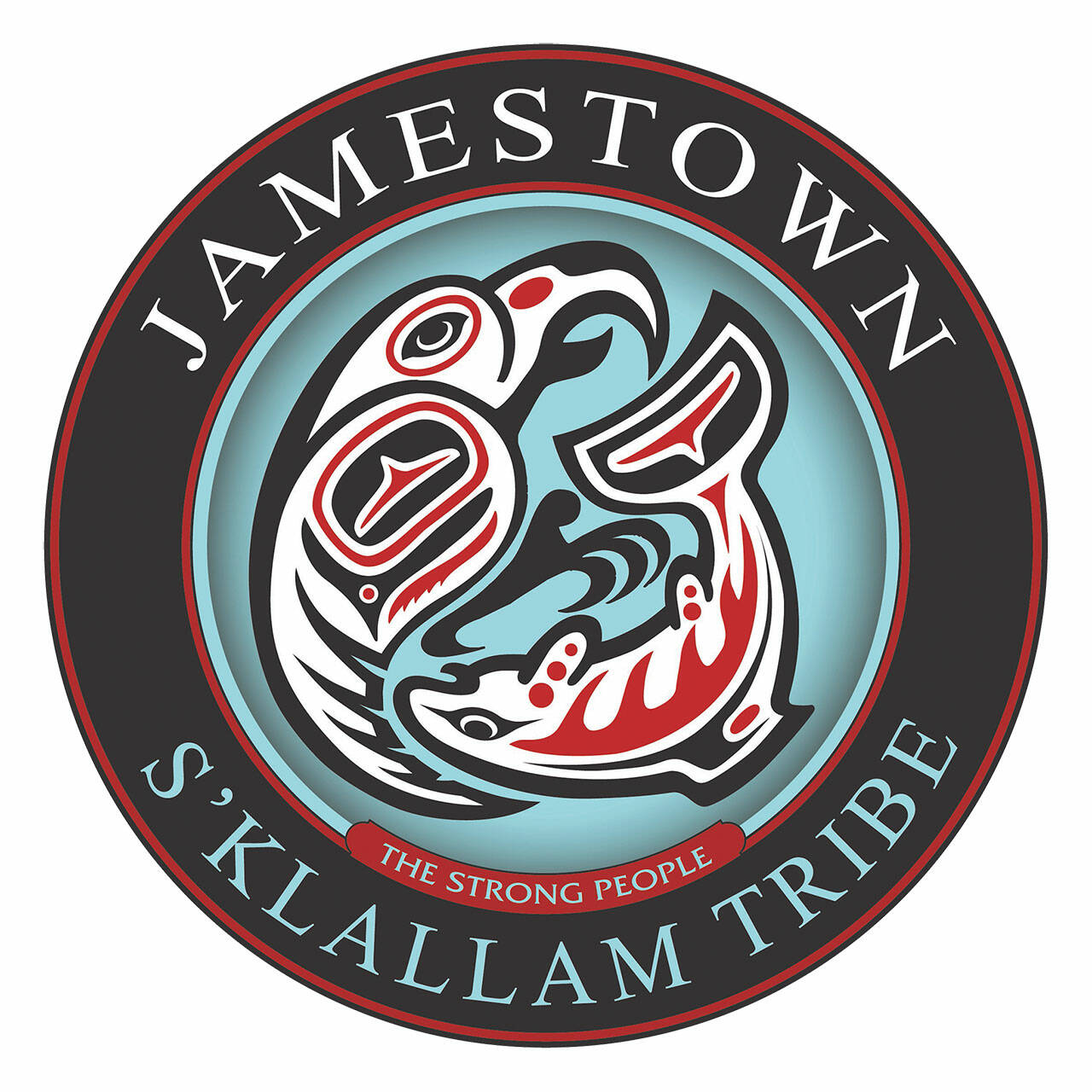Leaders with the Jamestown S’Klallam Tribe plan to use a recent $1 million federal grant to purchase property in the Sequim area to create more housing options for its healthcare and non-medical employees.
In November, Jamestown was one of 68 tribal communities to receive part of the more than $74 million in funding through the Indian Community Block Grant-American Rescue Plan.
The Blyn-area tribe received $1,035,000 under Phase One of the awards for housing, announced by the U.S. Department of Housing and Urban Development (HUD) in a press release.
The agency also announced a second round of awards last week, with $52 million in grants to 49 tribal communities —including $1,035,000 each to the Port Gamble S’Klallam Housing Authority, Quileute Tribe of the Quileute Reservation, and The Suquamish Tribe for new housing units, renovation of units, and/or the purchase of a RV park.
Jamestown tribal chairman W. Ron Allen said in a phone interview the need is high for housing their health care employees along with their other non-medical employees.
“We’re targeting some RVs and mobile homes we can bring in quickly, and make that available within a quick time frame over a few months,” he said.
Sen. Patty Murray (D-WA) said in a recent press release the grant awards help tribes purchase housing for frontline health workers and to help prevent, prepare for, and/or respond to COVID-19.
She also shared her intent to “continue pushing for more investments to help our tribes in the state rebuild stronger from this crisis.”
Allen said the tribe’s healthcare workers continue to treat and/or prevent the virus in some capacity. Tribal medical staff helped administer more than 20,000 COVID-19 vaccines in Carrie Blake Community Park for five months at 32 drive-through events, said Brent Simcosky, director of tribal health services.
“We wanted to be part of the solution to defeat COVID,” Allen said. “We knew vaccines were critical to making that happen … fortunately we got far more than we needed so we immediately opened it up to everyone.”
With future affordable housing, Allen said they could use some of the homes to quarantine staff, if needed, he said.
For the homes, tribal staff scouted a few properties in Blyn and Sequim with 5-10 acres where RVs or mobile homes can be located.
A decision on what type of infrastructure would be used wasn’t established yet, Allen said,
“We want homes we can purchase and install quickly,” he said.
The target would be one-bedroom units, likely for single and young couples seeking housing, he said.
“We want to develop affordable housing properties for young families, but that’s more long-range,” Allen said.
Initially, the tribe would house six to 12 people, he said, with enough land to expand to 20-30 units for employees to rent at an affordable rate.
Tribal staff continue to seek government funding for land and infrastructure for affordable housing opportunities, Allen said.
Simcosky previously said the tribe employs 150-plus health workers and medical staff and there will be up to 50 staffers in the soon-to-be finished medication-assisted treatment (MAT) clinic, named the Jamestown Healing Clinic by tribal officials.
The future affordable housing the tribe seeks will not be on the property by the 16,806-square-foot facility on South Ninth Street near Costco. Some of its employees may live in the future development, Allen said.
The clinic remains slated for a late February/early March opening, staff confirm.
In a previous interview, Simcosky said the clinic intends to help patients with opioid-use disorder (OUD) through treatment with daily doses of methadone, Suboxone and Vivitrol, along with wrap-around services such as dental care, counseling and more.
The tribe’s grant is part of the American Rescue Plan Act that provides $750 million in HUD resources to Indigenous People to fight COVID-19 following the Joe Biden-Kamala Harris Administration’s plan to deliver equitable relief to tribal communities during the pandemic, HUD officials stated in a press release.
For more information, visit hud.gov.



